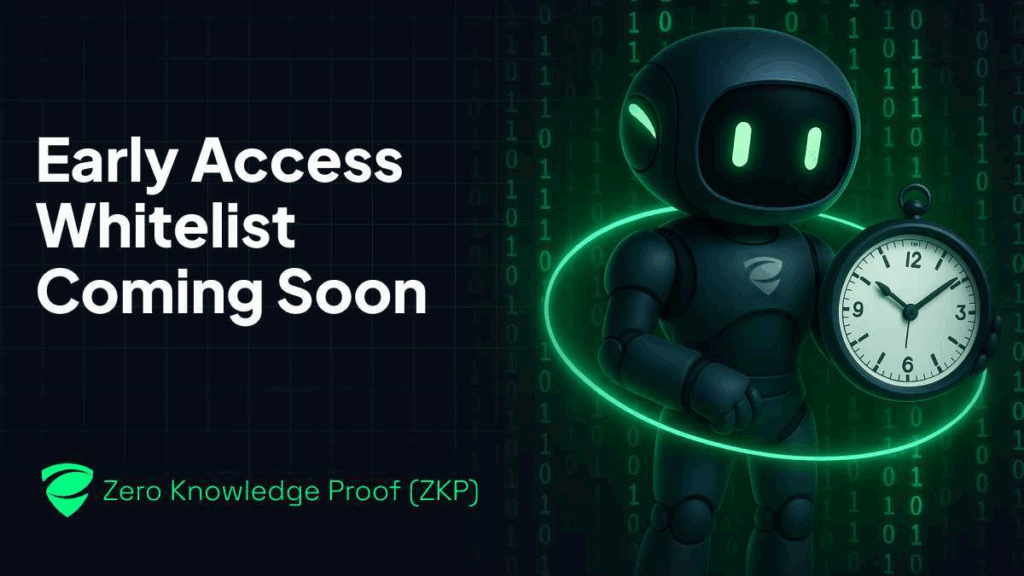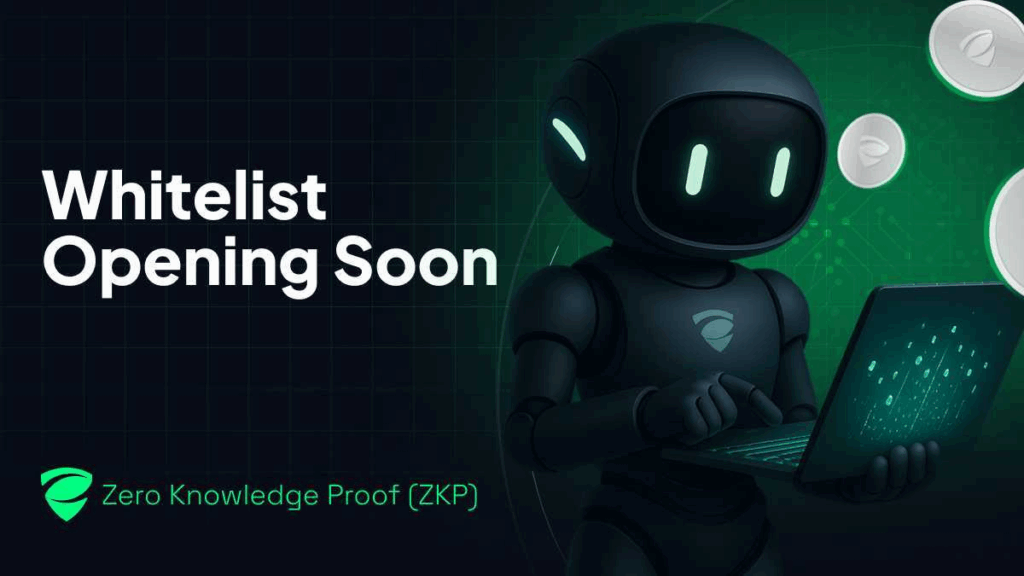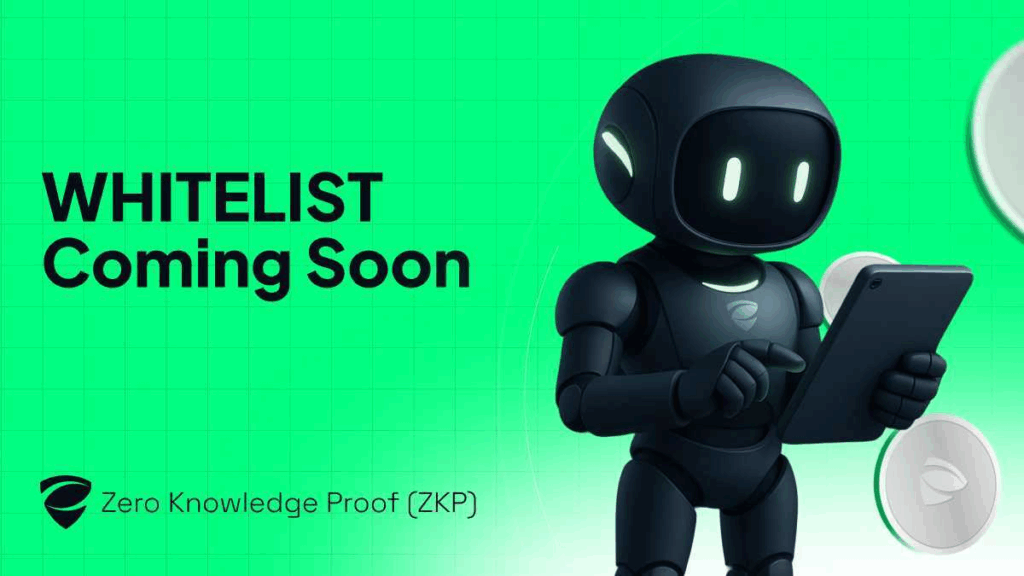Zero Knowledge Proof (ZKP) is being presented as one of the most significant projects preparing for launch in the blockchain sector. Built to address rising demands for privacy, security, and AI compute, it has quickly started attracting attention. Instead of being confined to technical research, Zero Knowledge Proof (ZKP) is now positioned as a framework for decentralized computation and data sovereignty.
As the project moves closer to its presale stage, anticipation is centered around the whitelist. The whitelist is not only about priority access but also about joining the community at its earliest stage. For many observers, this is the moment to align with a system designed to address problems that existing centralized platforms cannot resolve effectively.
Shaping the AI and Privacy Connection
The unique angle of Zero Knowledge Proof (ZKP) lies in its connection between artificial intelligence and privacy. The demand for large-scale compute power has grown significantly with AI adoption, and centralized systems have shown their limits. Issues like bottlenecks, security lapses, and restricted control have made it difficult to scale AI solutions while keeping data safe.
Zero Knowledge Proof (ZKP) takes a different approach. By distributing AI workloads across global nodes, it avoids the single points of failure that limit centralized architectures. At the same time, it preserves privacy by embedding proofs that allow data to be processed without exposing the underlying details. This ability to balance scale with confidentiality has become one of the strongest reasons it is gaining interest ahead of its presale.
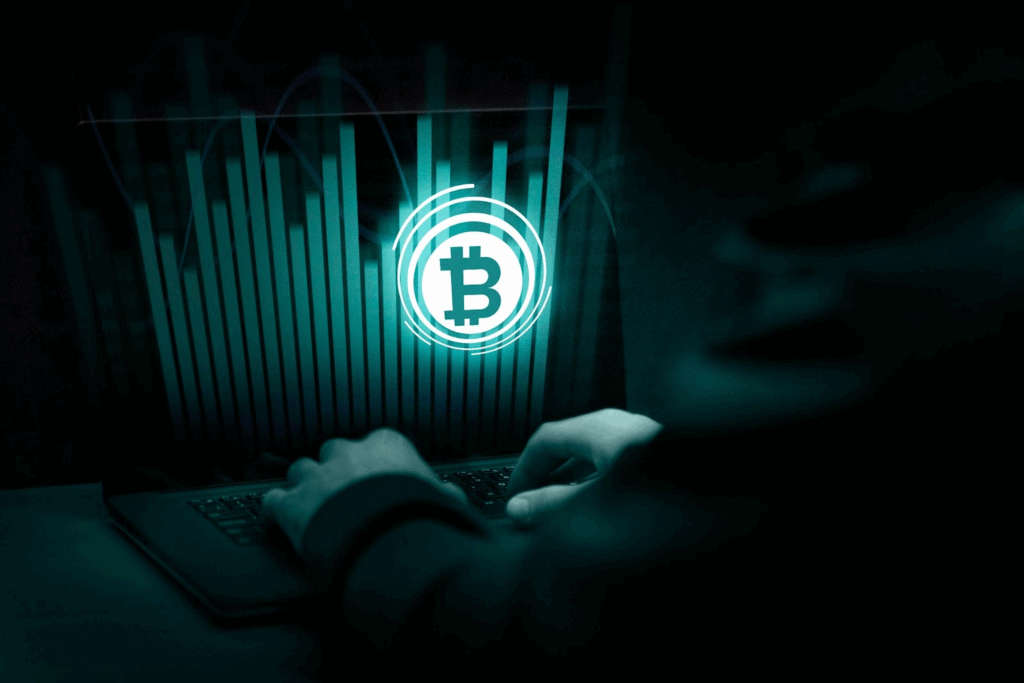
The integration of zk-SNARKs and zk-STARKs provides a practical mechanism for this. These tools verify computations without needing sensitive information to be revealed. For businesses, that means AI models and datasets can be used collaboratively without losing ownership or control. For individuals, it ensures data remains sovereign. It is a structural solution that speaks directly to growing concerns about privacy in the digital era.
Why the Whitelist is a Key Focus
The whitelist is building momentum because it is being framed as the community’s gateway. In the early stages of a project like Zero Knowledge Proof (ZKP), entry points are often limited. Whitelist access ensures participants are positioned ahead of broader market exposure, a feature that has already drawn strong interest.
Unlike traditional project launches where access is open from the start, the whitelist creates an early filter. It signals exclusivity and provides assurance that those entering are closer to the core of the project’s development cycle. That early positioning is often valuable, as it allows participants to be part of a project’s foundation before the crowd follows.
For Zero Knowledge Proof (ZKP), the whitelist carries another meaning. It embodies the values of fairness and transparency that the project emphasizes. Just as its ecosystem rewards contributions based on compute and storage commitments, the whitelist provides early contributors with an aligned way to join. This is why its role in the new crypto presale phase is seen as significant and worth attention.
Building Blocks of Security and Scale
Beyond the hype around the whitelist, Zero Knowledge Proof (ZKP) is being recognized for how it structures security and scalability. Its dual model of Proof of Intelligence and Proof of Space creates balance. On one side, computation is distributed fairly. On the other, storage is decentralized to maintain integrity and redundancy.
This combination strengthens the network against common risks. Centralized systems often rely on trust, but Zero Knowledge Proof (ZKP) reduces that reliance by requiring participants to prove both their computing power and their storage commitments. The result is a resilient network that is more difficult to compromise.
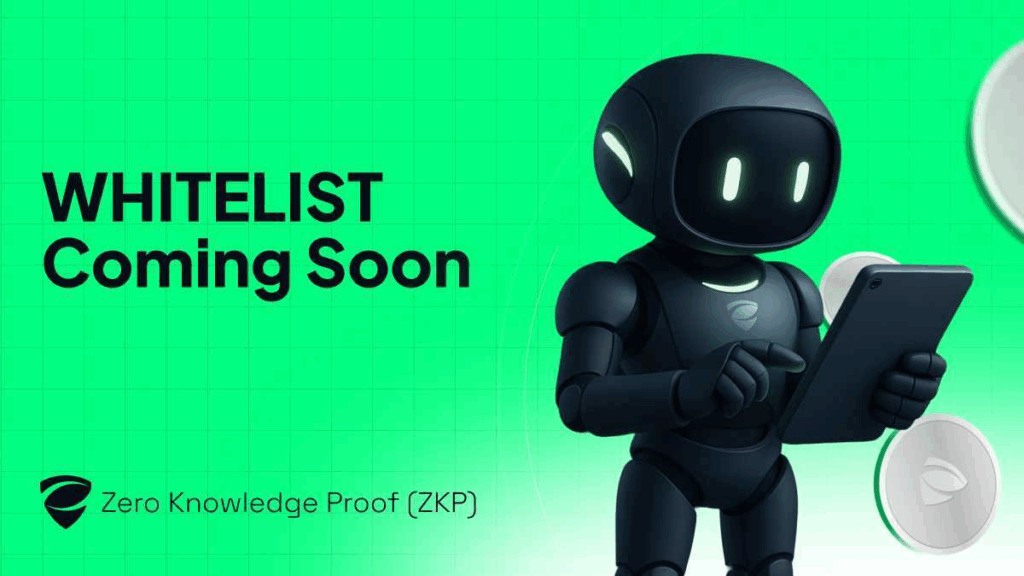
Scalability is also built into the design. By using modular structures and off-chain storage, Zero Knowledge Proof (ZKP) reduces congestion without losing efficiency. This design ensures the system can handle the growing demand for AI compute while still protecting privacy and data ownership.
Another part of the project that is attracting interest is the decentralized marketplace. It allows datasets and AI models to be securely shared and monetized. Instead of large players controlling access, the marketplace is structured so that both small and large contributors can participate. For many, this fairness is an appealing factor that strengthens the argument for joining during the new crypto presale.
Closing Analysis
Zero Knowledge Proof (ZKP) represents more than a technical project. Its framework ties together AI workloads, privacy, and decentralized compute into a single vision. It is presented as a way forward for those who believe in secure, scalable, and equitable blockchain ecosystems.
The whitelist opening soon is where this momentum is converging. It is creating early excitement and serving as the first access point into the new crypto presale. For many, the opportunity lies not just in participating in another blockchain project but in being part of a shift where privacy, computation, and fairness come together in meaningful ways.
Find Out More At:
Disclaimer: Any information written in this press release does not constitute investment advice. Optimisus does not, and will not endorse any information about any company or individual on this page. Readers are encouraged to do their own research and base any actions on their own findings, not on any content written in this press release. Optimisus is and will not be responsible for any damage or loss caused directly or indirectly by the use of any content, product, or service mentioned in this press release.
